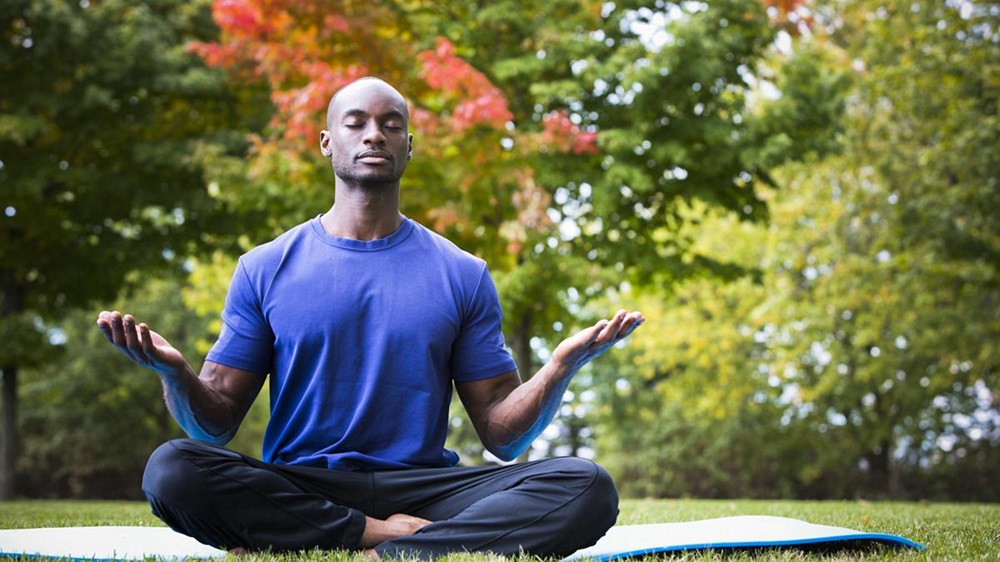Last Updated on: 18th December 2024, 12:33 pm
Meditation is a valuable tool in athletic training, enhancing the connection between mental focus and physical performance. Athletes use various meditation techniques to improve concentration and mental resilience. Historically, meditation has been part of sports, with ancient Olympians using it to enhance focus and competitive edge.
Today, meditation is recognized for its role in improving mental resilience, concentration, and self-belief. Athletes from different disciplines find meditation beneficial not only for physical endurance but also for mental strength, providing a competitive advantage.
Enhancing Focus and Concentration
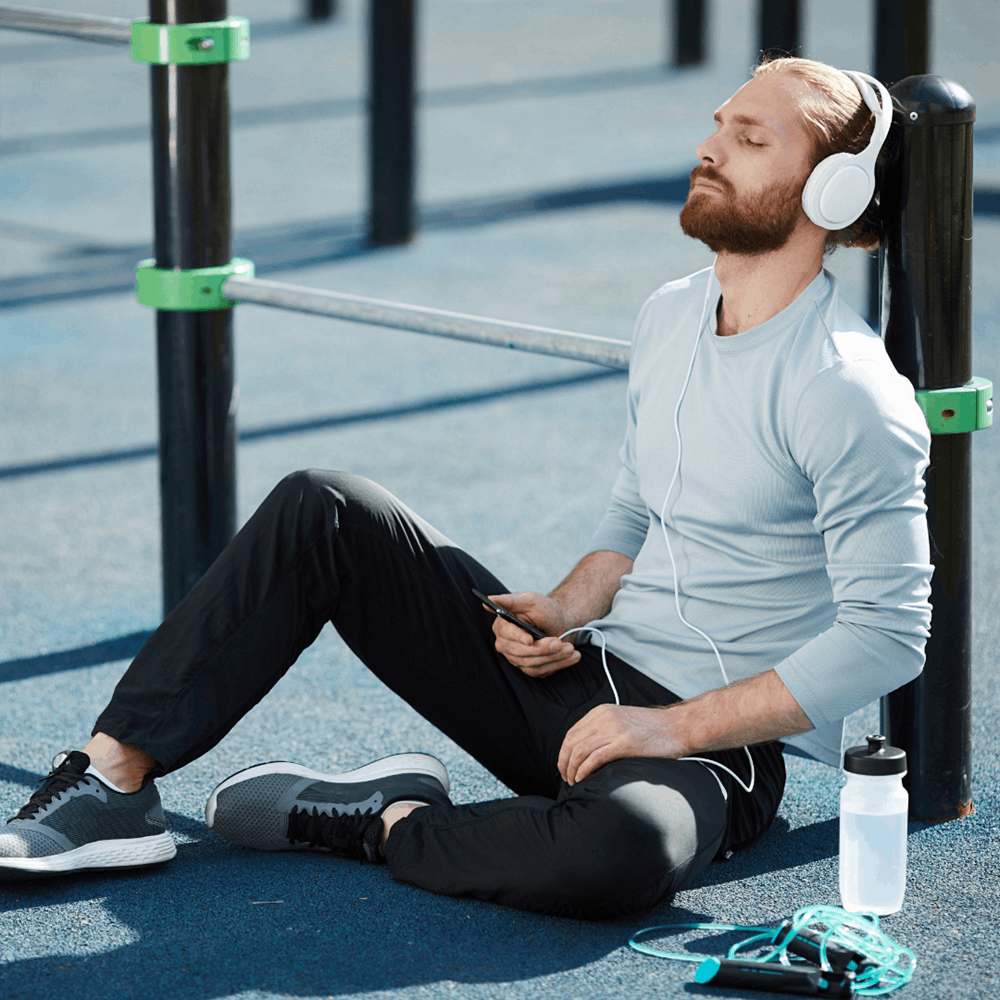
The Challenge of Maintaining Focus in Competitive Sports
Maintaining focus in sports is crucial due to constant distractions and pressures. Athletes need to manage external pressures like crowd noise and performance expectations. Success often depends on concentration as much as physical ability.
How Meditation Improves Mental Clarity and Attention
Meditation helps athletes focus by training the mind to stay present. This practice clears mental distractions, sharpens focus, and directs energy towards peak performance, resulting in better reaction times and resilience.
Real-life Examples of Athletes Who Attribute Improved Performance to Better Focus Through Meditation
- LeBron James and Kobe Bryant – NBA players who use meditation for mental preparation and focus.
- Michael Phelps – Olympic swimmer who used visualization and mindfulness for competitive advantage.
Managing Stress and Anxiety
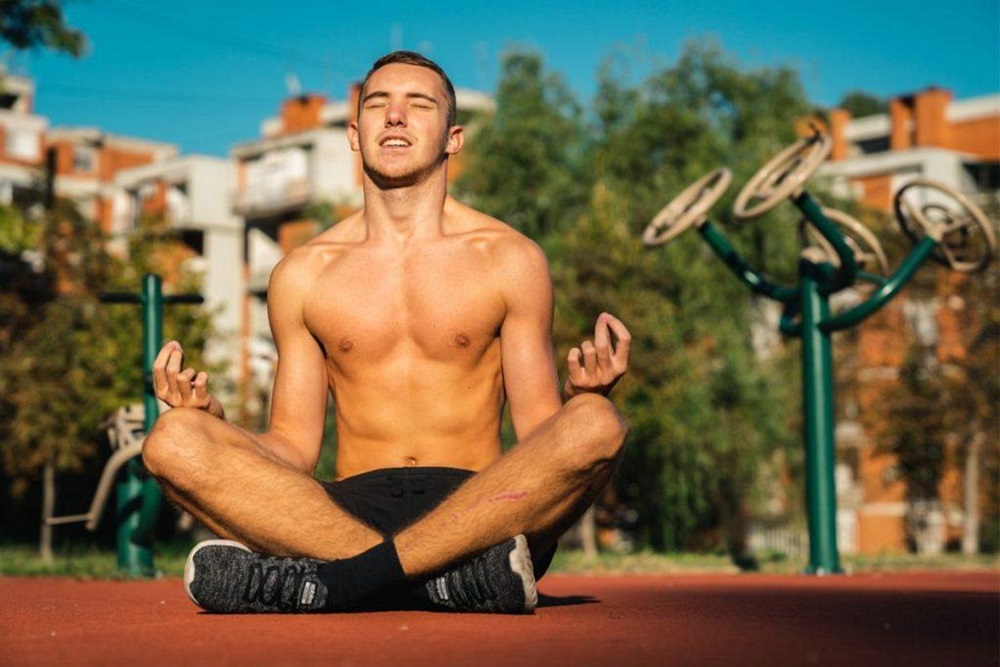
The Impact of Stress and Anxiety on Athletic Performance
Stress and anxiety negatively affect athletes by impairing judgment and physical performance. They can disrupt sleep, increase heart rate, and cause muscle tension, leading to decreased performance. Addressing these issues is essential for optimal performance.
Techniques in Meditation That Specifically Target Stress Reduction
- Mindfulness meditation – helps athletes stay present and calm during competition.
- Guided imagery – allows athletes to visualize success and reduce stress.
Studies Showing the Effectiveness of Meditation in Reducing Performance Anxiety
Research shows meditation reduces performance anxiety. A study in the Journal of Health Psychology found that athletes practicing mindfulness reported lower stress and anxiety, leading to better performance. Another study in the Journal of Sport & Exercise Psychology showed regular meditation improved focus and reduced anxiety.
Improving Recovery Times
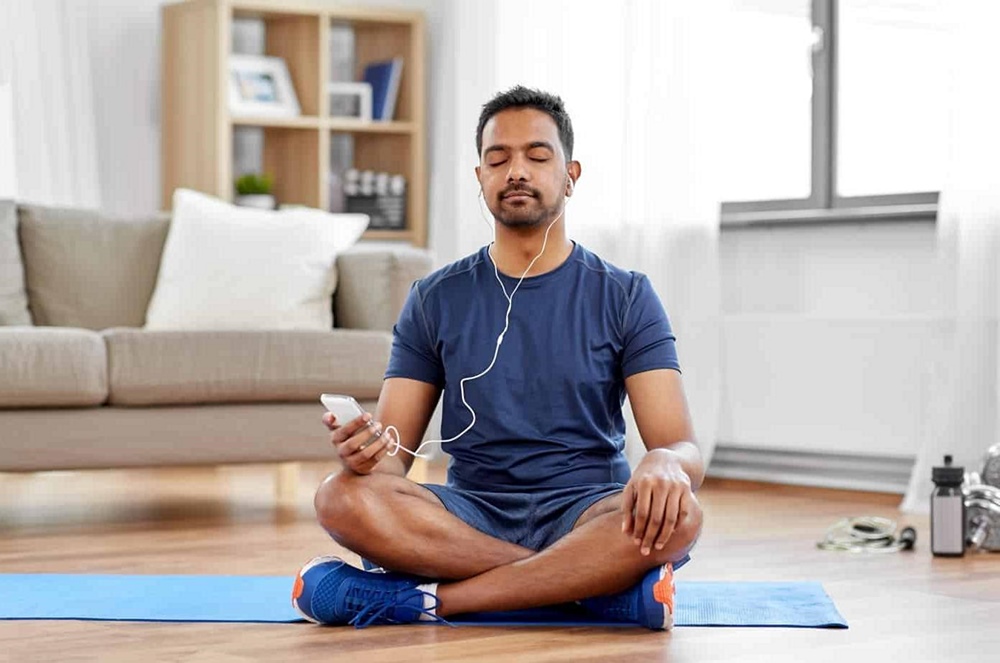
The Role of Meditation in Physical and Mental Recovery
Meditation aids recovery by enhancing the body’s healing and the mind’s renewal. It serves as a recovery tool, helping athletes manage physical and mental recovery more effectively.
How Mindfulness Can Reduce the Perception of Pain and Discomfort
Mindfulness helps athletes observe pain without judgment, altering their relationship with it. This approach doesn’t eliminate pain but reduces its perceived intensity, making recovery more manageable.
The Effect of Meditation on Sleep Quality and Muscle Recovery
Meditation improves sleep quality, essential for muscle recovery. By calming the mind and reducing stress, meditation enhances sleep, aiding both muscle repair and mental recovery.
Boosting Mental Resilience and Grit

The Importance of Mental Toughness in Sports
Mental toughness is crucial in sports, as important as physical strength. Athletes with strong mental resilience handle competition pressures well, turning challenges into opportunities for success.
Meditation Practices That Enhance Resilience, Patience, and Perseverance
Meditation fosters resilience, patience, and perseverance. Mindfulness meditation helps athletes stay present and composed, while focused breathing and visualization build patience and perseverance.
Testimonials from Athletes on Overcoming Setbacks Through Meditation
Athletes share stories of overcoming setbacks through meditation, highlighting its role in rebuilding mental strength. They report increased resilience, patience, and perseverance, essential for success.
Integrating meditation into training enhances mental strength, preparing athletes for challenges. Meditation supports both mental and physical aspects of sports, helping athletes reach their full potential.
Enhancing Overall Well-being and Performance

The Holistic Benefits of Meditation on an Athlete’s Life
Meditation benefits athletes holistically, harmonizing body and mind. It supports overall well-being, enhancing every aspect of an athlete’s life.
Regular Meditation’s Contribution to Health, Mood, and Performance
- Health: Reduces stress-induced inflammation
- Mood: Increases serotonin levels
- Performance: Improves cognitive function
The benefits include a healthier body, improved mood, and enhanced performance.
Summary of Research Findings on Long-term Benefits for Athletes
Long-term studies show meditation’s lasting impact. Athletes practicing meditation experience:
- Enhanced immune function
- More stable mood states
- A consistent edge in performance metrics
These benefits are long-term rewards from regular meditation practice.
Meditation is a lifelong companion for athletes, enhancing every aspect of their performance. It guides them through competition and recovery, supporting both mental and physical endeavors.
Implementing Meditation into Athletic Training
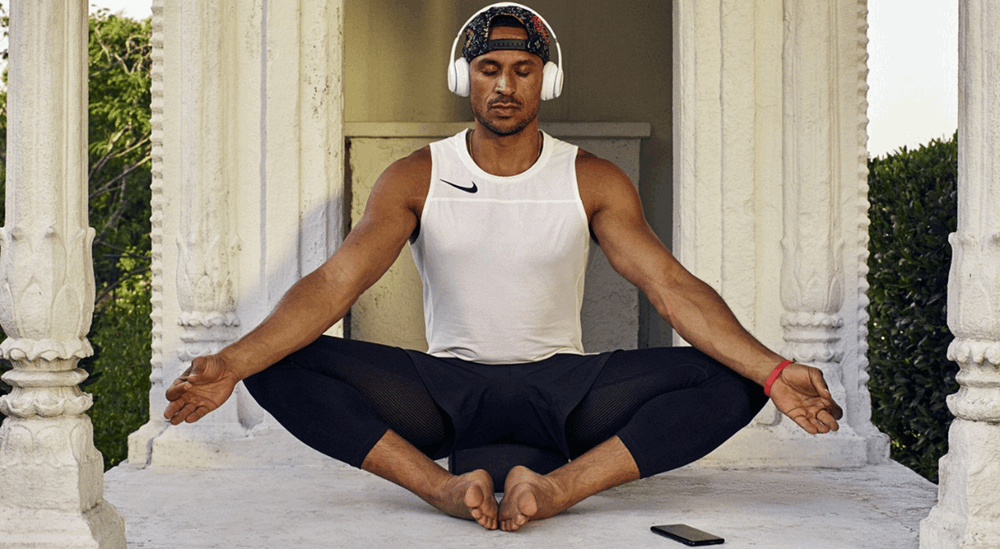
Practical Tips for Integrating Meditation into Daily Training Routines
- Morning Routine: Begin your day with meditation to enhance focus and calmness.
- Post-Training: Incorporate a brief meditation session to aid in recovery.
Making meditation a routine part of training enhances its benefits.
Guidance on Starting Meditation for Beginners
- Start Simple: Begin with short, guided sessions focusing on breath control or body scans.
- Explore: Gradually increase the duration and explore different meditation styles.
Resources and Programs Designed for Athletes Interested in Meditation
- Apps: Headspace and Calm offer sports-themed meditation sessions.
- Workshops: Programs tailored for athletes, led by sports psychologists or meditation experts.
- Community: Seek out local meditation groups or online communities for support.
Incorporating meditation into training enhances performance and mental resilience. By starting small and using available resources, athletes can fully benefit from meditation.
Bringing It All Together
Meditation is a key component in athletic success, enhancing resilience and performance. It bridges mental challenges and peak performance, supporting athletes in competition and training. By integrating meditation into daily routines, athletes unlock their full potential, achieving unparalleled performance and well-being.

